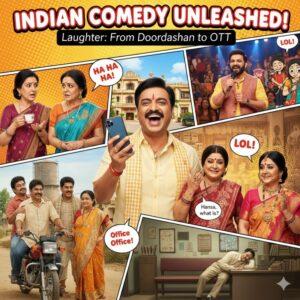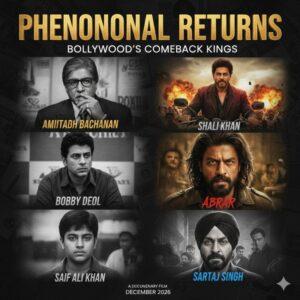William Shakespeare is one of the most highly renowned English playwrights. His plays have been adapted many times in the centuries since his passing. Some of the best Shakespeare adaptions include those made by Vishal Bhardwaj.
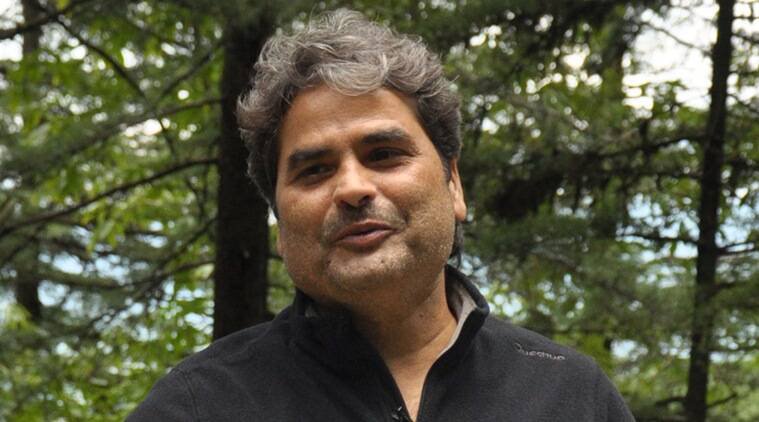
Vishal Bhardwaj’s Shakespeare cinematic universe are some of the most celebrated and well-done adaptions. His trilogy of films are based on the plays, Maqbool (based on Macbeth), Omkara (based on Othello) and Haider (based on Hamlet).
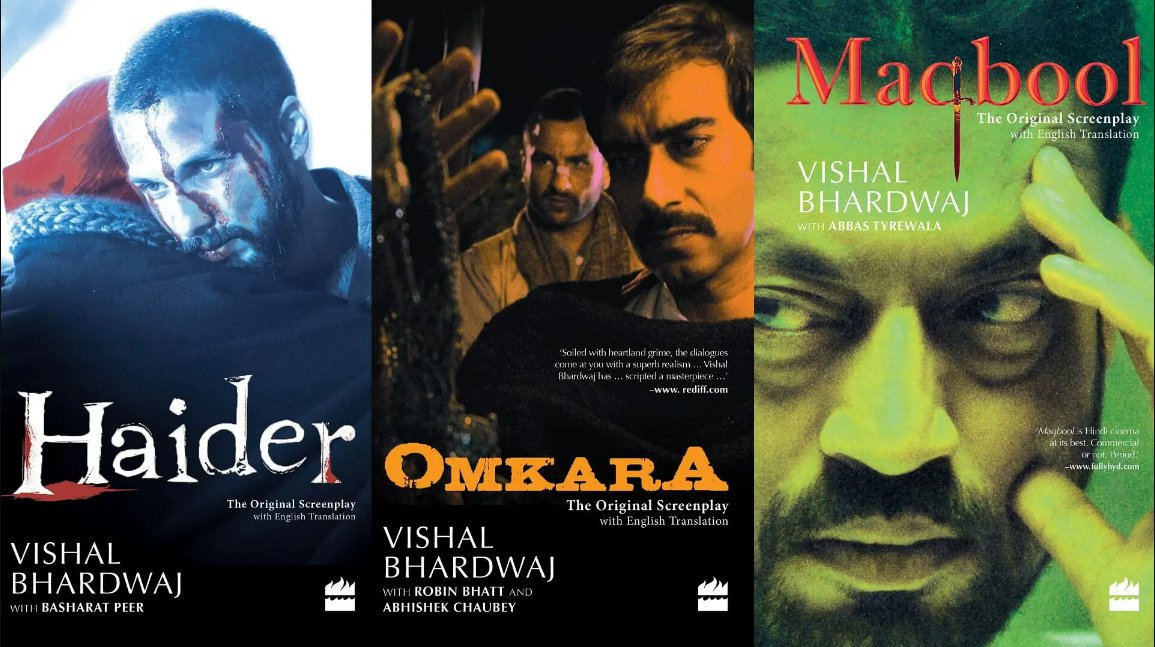
It is not an easy task to adapt English masterpieces in Hindi language and Indian context, without ruining their artistic essence and integrity. The three adaptations by Bhardwaj are popularly known as his Shakespeare trilogy, highly appreciated by critics and viewers. They have won plenty of critical acclaim and Bhardwaj the tag of being most adept at making Shakespeare thrive in contemporary India.
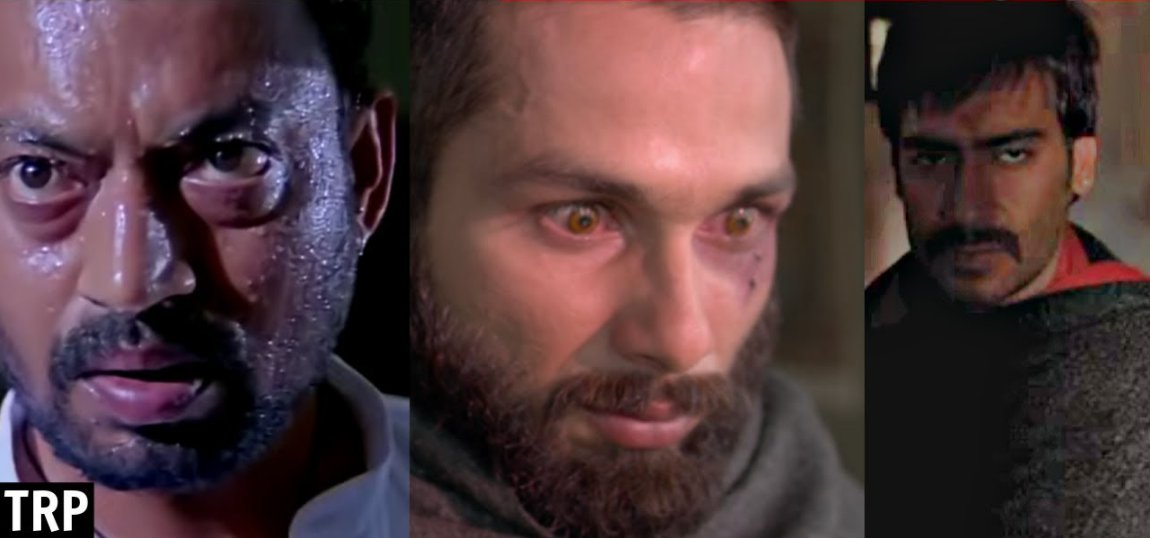
One of the most important aspects of adaptations is world building- namely the location, time period, language and characters. The adapted version must seen rooted in its context while doing justice to the original. Vishal Bhardwaj’s worlds are rooted in Indian socio-economic and political backdrops, never letting the audiences question the authenticity. His attention to the detail does not copy a classic but enhance it.
All of his characters and instances are identical from the source material with little artistic differences.
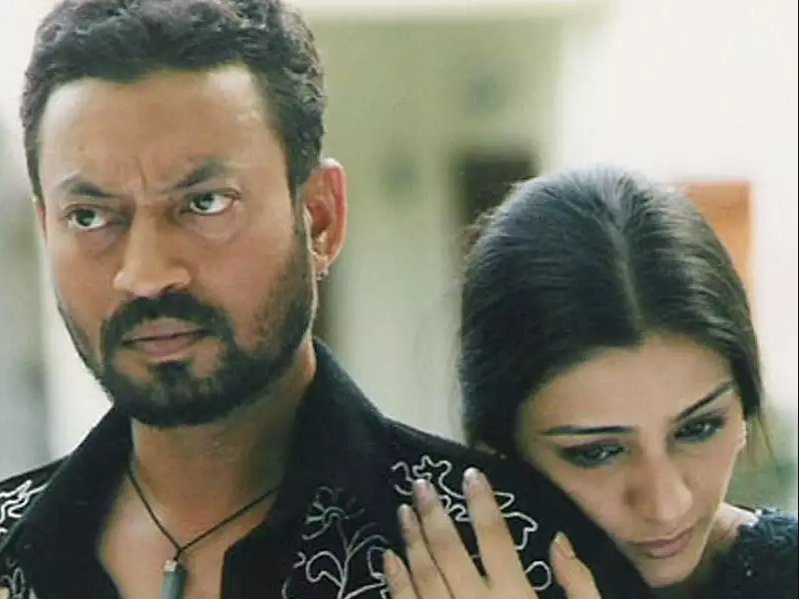
Maqbool takes place in the Mumbai underworld scenario, where the dons control Bollywood and the police. Unlike the play, which takes place in the Kingdom of Scotland. Macbeth becomes the titular Maqbool, King Duncan becomes Abba ji and Lady Macbeth becomes Abba ji’s mistress Nimmi.
The opening sequence of Maqbool depicts darkness, heavy rain, thunder and lightning, replicating the exposition of Macbeth. It opens with a police encounter, where inspector Purohit encounters a goon from point-blank range. Blood splashes on Pandit’s drawing of Mumbai’s astrological chart.
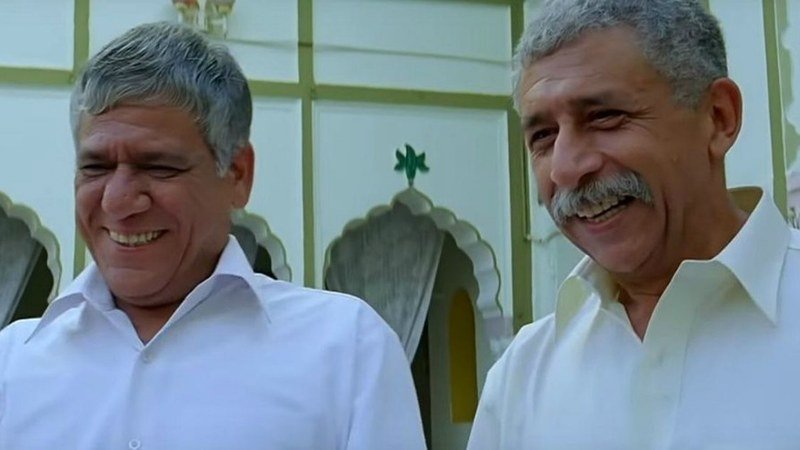
His characters are renamed and recreated to sketch a realistic Indian stories. The three witches are replaced with prophesying Pandits. While people would not believe in witches, astrology and corrupt policemen are real.
Vishal Bhardwaj’s Omkara is an adaptation of the tragedy, Othello. He gathered a stellar cast of Ajay Devgn, Saif Ali Khan, Vivek Oberoi, Konkona Sen, Kareena Kapoor and Bipasha Basu.
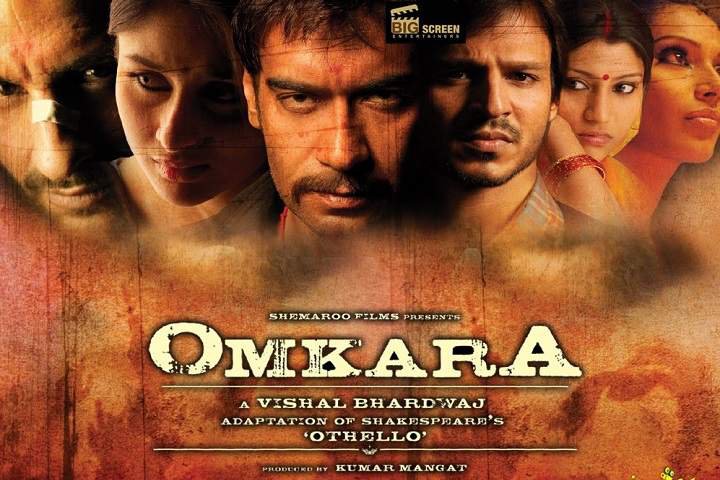
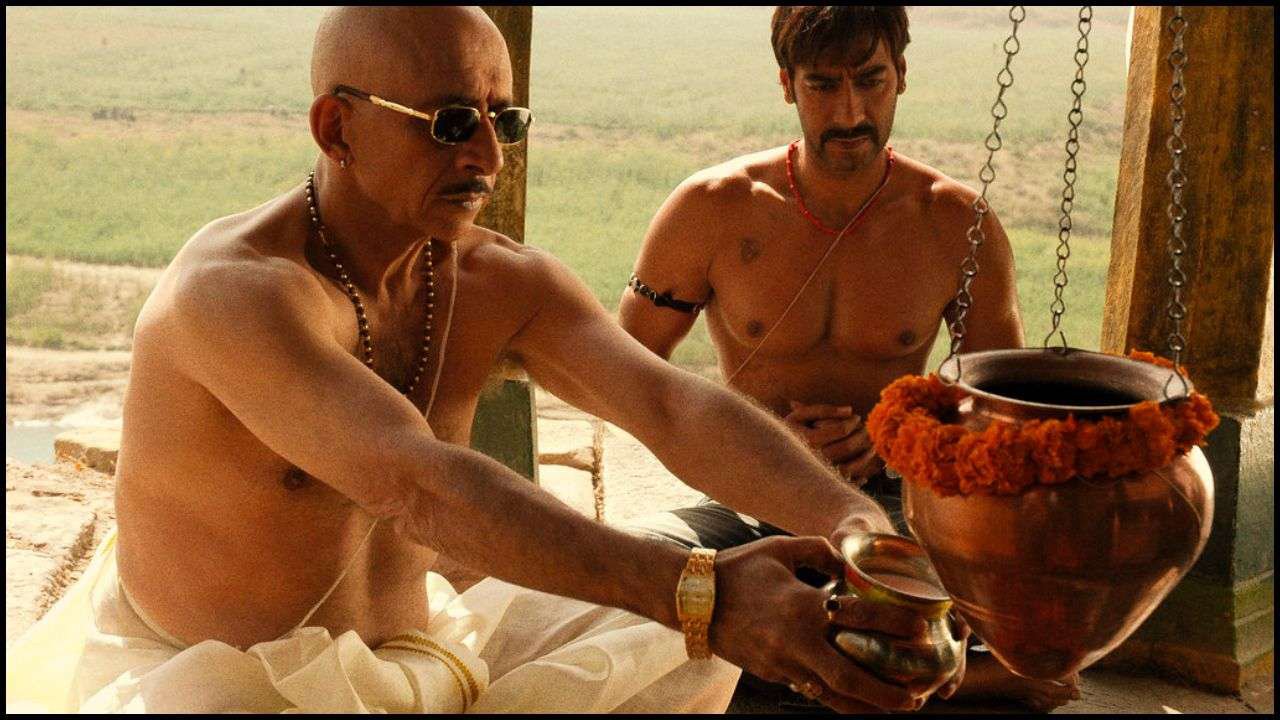
The most defining feature of Omkara is its radiant language. A strong khariboli dialect, specific to Meerut, littered with catchy idioms and metaphors. Langda Tyagi’s opening proclamation on the thin line between the fool and the moron sets the tone for the film.
Omkara Shukla (Othello), executed perfectly by Ajay Devgn, is the perfect Shakespearian protagonist. He is conned by the silver-tongued villain Langda Tyagi (Iago), played to perfection by Saif Ali Khan.
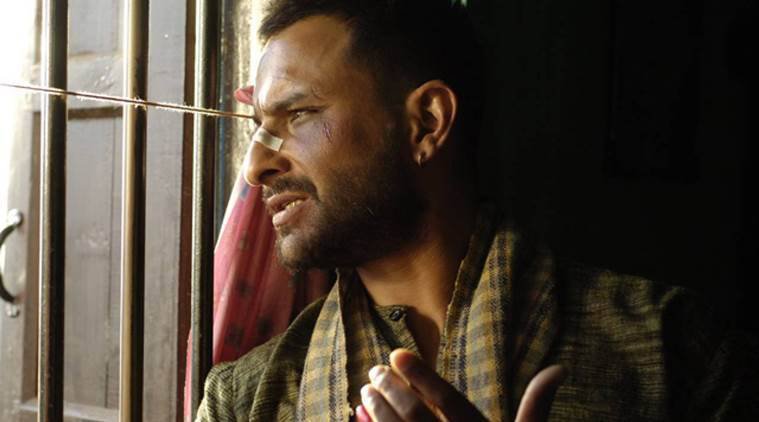
Bhardwaj transforms the Moor of Venice into a casteist state of Uttar Pradesh. Additionally, a throwaway handkerchief becomes a bejeweled cummerbund, bequeathed across generations, and now a bearer of legitimacy, even dearer to its bastard owner.
Omkara is one of the most celebrated political revenge drama and adaptations that does justice to the Uttar Pradesh politics and the Moor of Venice.
Haider is the final film of Bhardwaj’s Shakespeare trilogy, the director sets Hamlet in the chaos of Kashmir. The political conflict of Kashmir drives Haider, the character, more than his personal tragedy. The war-tone and hauntingly beautiful state plays a character equivalent to Haider.
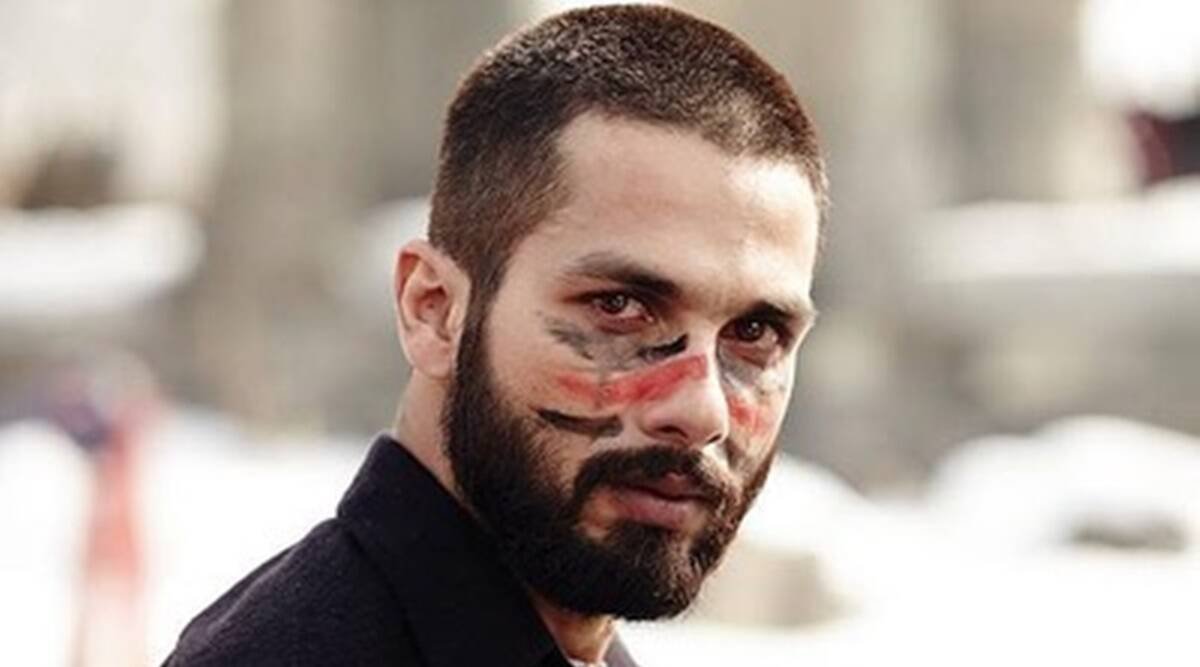
A man searching for his father finds himself trapped amidst violent insurgency and state politics. Bhardwaj aims to decode the controversies and interpretations surrounding the insurgency relating it with political history. He juxtaposes the conflict of Haider, played brilliantly by Shahid Kapoor, along with the collective grief of Kashmir to craft a unique vision of Shakespeare’s Hamlet.
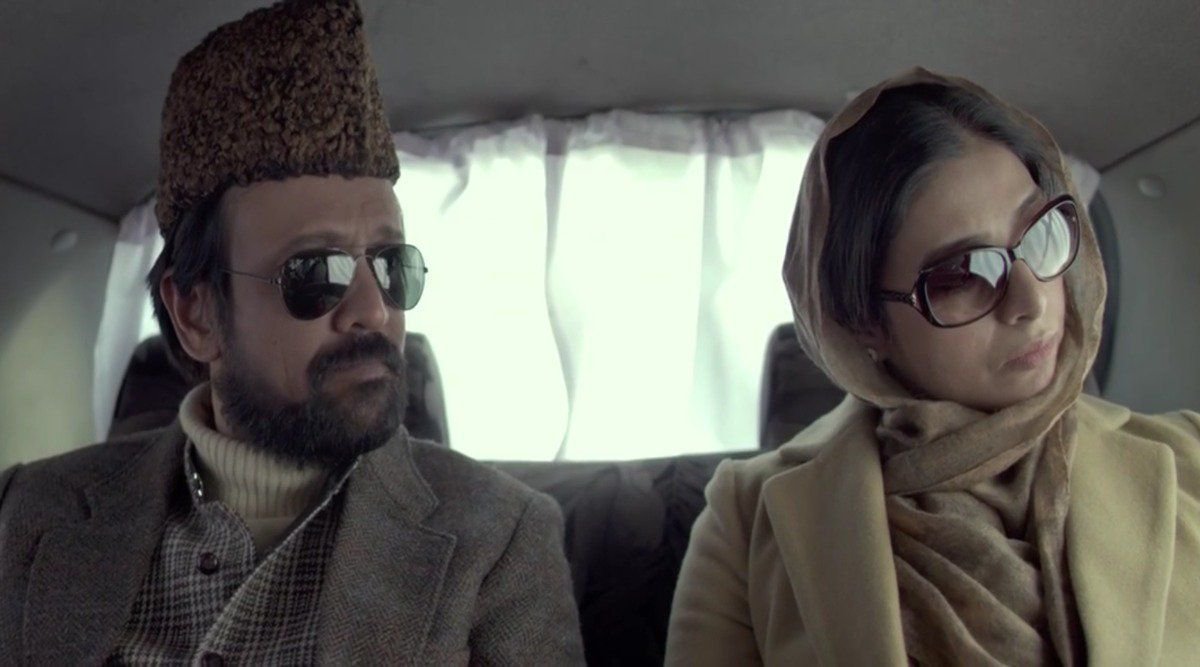
Liberty is overshadowed by violence and agendas as Kashmir becomes the heart of this film. People were skeptical of the adaptation of the spirit in Hamlet. However, Bhardwaj outdid himself with the character of Roohdaar, played to perfection by the legendary Irrfan Khan.
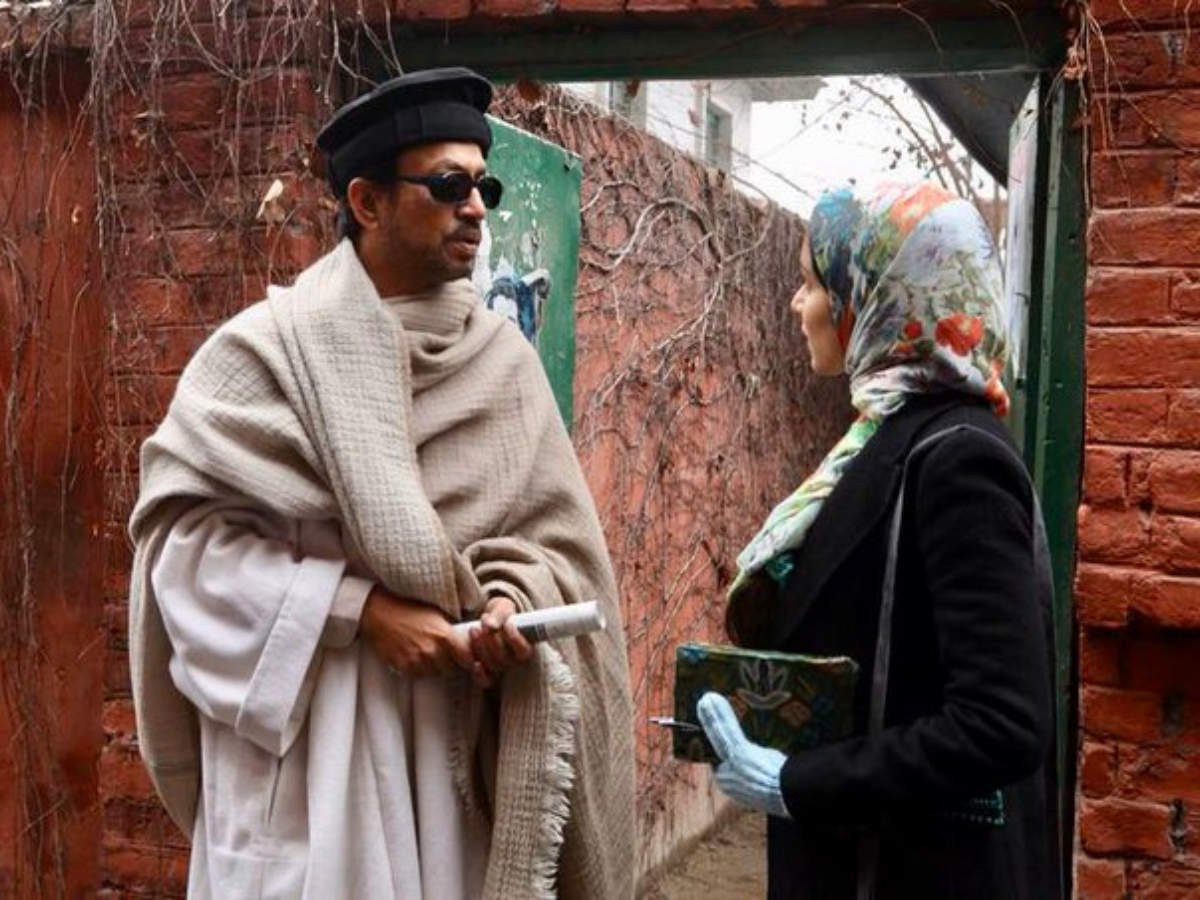
As the story moves and Haider seeks revenge, the narrative makes him a gray character, a bit misguided and traumatized. He comes close to his reality in the final act and Bhardwaj paints-the-freedom red. He feels betrayed by his mother and uncle, beginning of the main conflict.
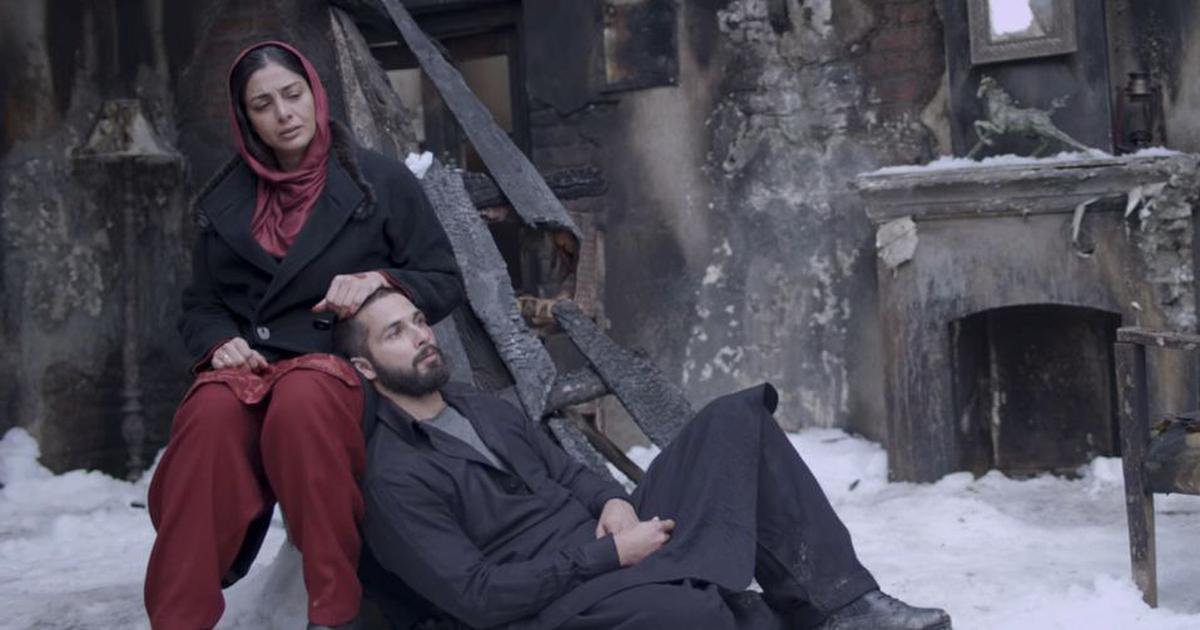
Ghazala/Gertrude (Tabu) and Khurram/Claudius (Kay Kay Menon) start a romantic arc, giving metaphors for the ground reality. The movie makes the viewers uneasy and heartbroken for Kashmir and for Haider.




